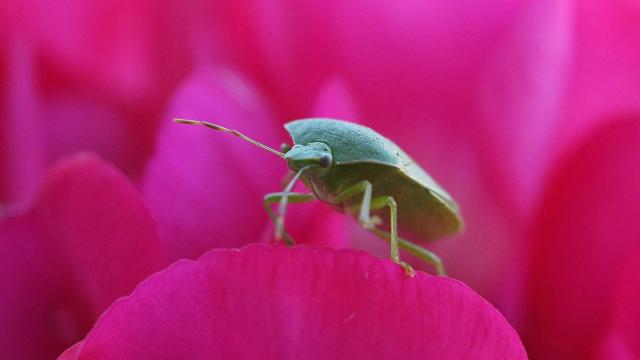Having plants means having to consider lighting, watering, fertilising, and yes, even bugs. Plants can attract certain bugs, ones like spider mites, gnats, and whiteflies that can all infest your plants and your home if not taken care of. Here are a few natural and store-bought ways to rid your house plants of pesky bugs.
How to naturally rid plants of whiteflies, spider mites, and mealybugs
Whiteflies are in the same family as cicadas and shield bugs, and love to make home underneath the leaves of your plants. Spider mites operate the same way and have red bodies and translucent legs. Mealybugs also enjoy the houseplant environment to nest, but mealybugs will also drink your plant dry straight from the roots.
These unwanted guests hate the presence of neem oil. Neem oil is a natural pesticide that interferes with insects’ hormones, keeping them from laying eggs and repelling them almost entirely. For whiteflies and mealybugs, mix 45ml of neem oil with a gallon of water and spritz your plants with the solution. Use diluted neem oil or the powdered version against spider mites. You can also trim the plant where you see evidence of pesky spider bugs.
How to rid houseplants of roaches and ants
The main reason roaches are attracted to homes and plants is the warm, moist, and sometimes decaying environment. Roaches are almost impossible to fully exterminate, but still, plant care site House Plant Corner says sprinkling Diatomaceous Earth breaks down their exoskeleton and dehydrates their bodies, killing them within 12 hours. Apply a fine layer of dust with a hand duster or a spray bottle, and reapply once the dust is gone. You can also spray the bugs directly. Diatomaceous Earth also works against ants and is a natural and safe pesticide for plants and humans.
How to get rid of aphids with cayenne
Aphids are little tree buds that quite literally suck the life out of your plants by using their uniquely shaped mouths to suck fluid out of the plants’ veins needed for transporting nutrients. Thankfully, all you need is some soap, water, and cayenne pepper to take care of the infestation.
Take two tablespoons of dish soap (avoid antibacterial and scented soaps — Castile soap will do) and mix the soap and two tablespoons of cayenne with one gallon of water. Home Guides suggests testing a small area and monitoring the plant for 24 to 48 hours before applying to the full plant. If the plant isn’t damaged, spray the plant from leaf to stem and wait two hours for the solution to work before rinsing your plant. The mixture kills on contact but doesn’t continue to stop aphids after it dries, so you’ll want to reapply every four to seven days.

Leave a Reply
You must be logged in to post a comment.